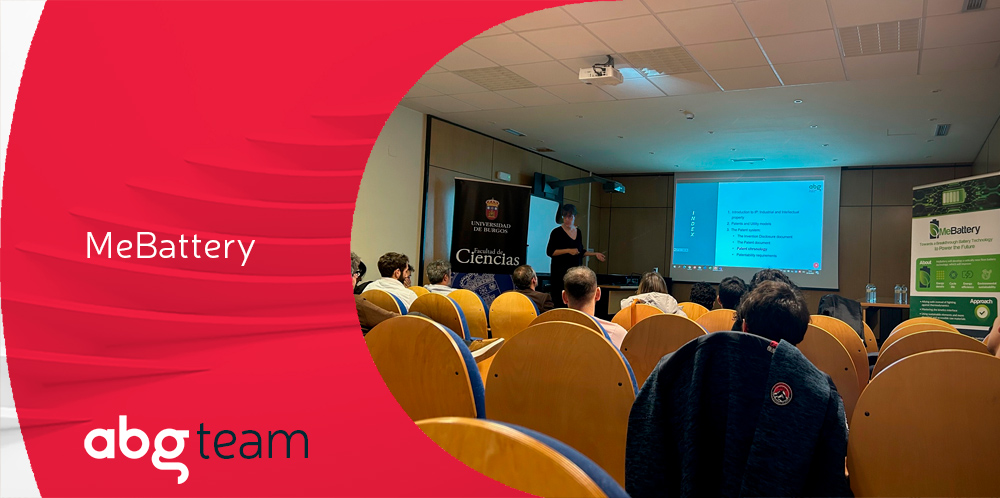One of the risks involved in filing a European patent (EP) application is possible existence of previously filed-but-not-published national (e.g. Spanish) patent applications, also known – perhaps in not in the most enlightening of ways – as prior rights. They are indeed prior rights, but so are published applications!
Even though the prior right is unknown (not yet published) at the time the EP application is filed, and possibly also at the time the applicant receives the first Search Report from the European Patent Office (EPO), the prior right still usually represents prior art in its own country. For instance, Spanish Patent Law 24/2015 establishes this in its 6th Article.
Despite the European Patent Convention (EPC) not considering such documents prior art against a EP application (see Article 54) and said documents therefore not impeding the EPO granting a EP, said prior rights can result in the nullity of the validation of the granted EP in the prior right country (following the above example, the Spanish validation of the EP could be invalidated). In order to address this potential adversity, EPC Rule 138 allows the filing of a different set of claims for the state where the conflict would occur before the grant of the EP.
This situation will escalate when the Unitary Patent (UP) comes into effect because only European patents granted with the same set of claims for all participating EU Member States are eligible for Unitary Patent protection, as enshrined in Article 3 of Regulation EU No. 1257/2012. That is, if a national patent document of the above mentioned kind is found after the unitary effect has been granted, a third party may cite that document before the Unified Patent Court as prior art against the entire unitary block rather than just against the country where the patent document was originally found.
In view of this possible scenario, the European Patent Office recently announced that, beginning 1 September, it will systematise free of charge national patent searches at the end of the examination process in order to provide greater assurance to applicants. If relevant documents are identified, the office will address them in the intention-to-grant communication. Although the EPO was already doing this in some specific cases, especially in recent months, it was not established practice.
At ABG IP, we consider that this information will be of great value to EP applicants, as they are alerted about the prior right at a stage of the procedure at which it is still possible not to go down the unitary patent path, since this decision need only be taken after the EP has been definitively granted. Thus, in the event that the national patent document detected by the EPO indeed undermines the patentability of the claims as the EPO intends to grant them and a limitation of said claims is therefore necessary, the applicant can:
- choose not to validate the EP as a unitary patent and instead file “classic” national validations: the claims would only be limited in the specific country of the prior right.
- choose the unitary route: the limitation of the claims would be necessary for the entire unitary block, thus limiting protection in multiple countries simultaneously.
The EPO announcement is available at:
https://www.epo.org/news-events/news/2022/20220725.html











